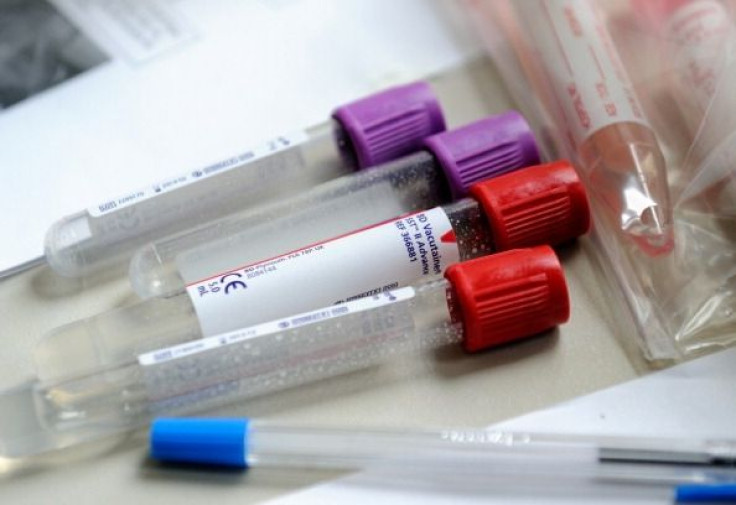MERS Outbreak 2015: South Korea Sees First Deaths Related To Middle East Respiratory Syndrome

South Korea saw its first MERS-related deaths Monday after two patients who tested positive for the respiratory virus died. The East Asian country has struggled to contain the outbreak of Middle East Respiratory Syndrome as health officials declared six new cases Monday, bringing the total to 25 in just over 10 days, Yonhap News Agency in South Korea reported.
The first death involved a 58-year-old South Korean woman who had come in close contact with the first patient diagnosed with MERS. The woman was listed as a suspected case and died from symptoms characteristic of the viral disease Monday. Post-mortem tests showed she was in fact infected with MERS, Yonhap reported. The woman’s case marked the first MERS death in South Korea and the second in East Asia, according to CNN.
The second death in South Korea involved a 71-year-old man who was confirmed as the sixth MERS patient and had also come in close contact with the first patient. The man was admitted to the hospital last month and succumbed to the illness Monday. South Korean health officials have so far withheld the identities of both deceased patients for privacy reasons, Yonhap reported.
All of South Korea’s confirmed cases have been linked to a 68-year-old man who returned from Bahrain via Qatar on May 20. The cases involved either patients or visitors at the hospital where the man was being treated, Reuters reported.
Nearly 700 people in South Korea have been isolated for possible infection. South Korean authorities are weighing a ban on overseas travel for suspected and confirmed cases, after a 44-year-old man breached voluntary house quarantine last week and traveled to Hong Kong and mainland China. He later tested positive for MERS, which marked China’s first confirmed case, Reuters reported.
Saudi Arabia, United Arab Emirates and Jordan also have a high number of confirmed cases. MERS was first identified in humans in 2012 in Saudi Arabia and has since spread to more than a dozen countries. The World Health Organization has been notified of 1,139 confirmed cases globally with at least 431 MERS-related deaths as of May 25.
Most patients infected with the virus develop severe acute respiratory illness as well as a fever, cough and shortness of breath. MERS is often fatal and there is no treatment yet. A number of studies have shown camels to be a major source of the virus. Amid the outbreak, WHO has advised against drinking raw camel milk and urine or eating raw meat.
© Copyright IBTimes 2024. All rights reserved.











